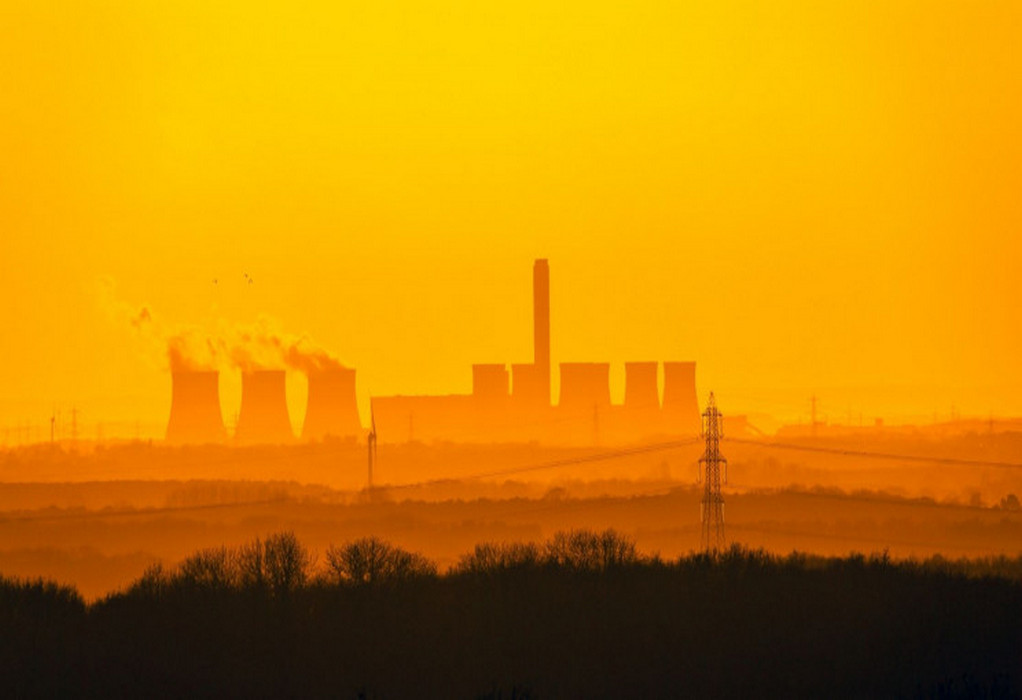A group of European and Japanese researchers have been working to develop processes to optimise CO2 hydrogenation in terms of energy efficiency and production cost to produce e-methanol for transport, including ocean shipping.
Under the Laurelin project, backed by the EU and Japan, ten research expert organisations are looking into the microwave heating, plasma induction, and magnetic induction as catalysts to accelerate the chemical reaction of hydrogen with CO2.
Involving universities, research organisations and SMEs from Belgium, Germany, Japan, Netherlands, Spain and the UK, Laurelin is a 48-month project funded by the EU’s Horizon 2020 programme and the Japan Science and Technology Agency (JST).
As per the agreement, they will build a prototype reactor for each solution to ascertain their performance against conventional hydrogenation using heat. The partners will continue to fine-tune these novel reactors by making them operable at higher pressures.
The project will test more than 100 samples of new catalyst materials and compare them with conventional hydrogenation to help optimise the selectivity and yield of methanol production.


Recent Posts
Ammonia
Azane Unveils New Subsidiary to Drive Ammonia Bunkering Development Oslo, Norway
Fuels Heavy oils
Public sector carbon emissions fall to 3.7 mn tonnes in Singapore
Fuels Heavy oils
UltraTech Cement targets to achieve 85% green energy
Fuels LNG
JCB unveils hydrogen combustion technology